jiù
mother's brother
Phonosemantic compound. 男 represents the meaning and 臼 represents the sound.
Evolution

Seal script
Shuowen (~100 AD)
Clerical script
Eastern Han dynasty (25-220 AD)
Clerical script
Western Jin dynasty (266-316 AD)Regular script
ModernDefinitions
Most common words with 舅
Freq. | Word | Meaning |
|---|---|---|
mother's brother | ||
maternal uncle | ||
(coll.) aunt | ||
(coll.) wife's younger brother | ||
mother's brother |
Sources
